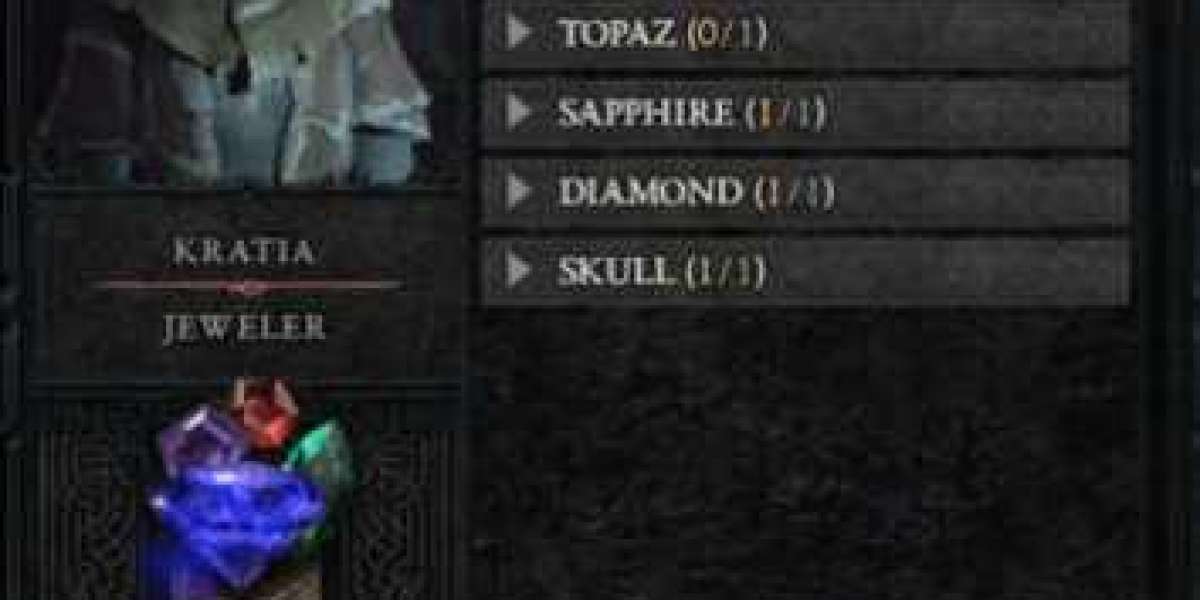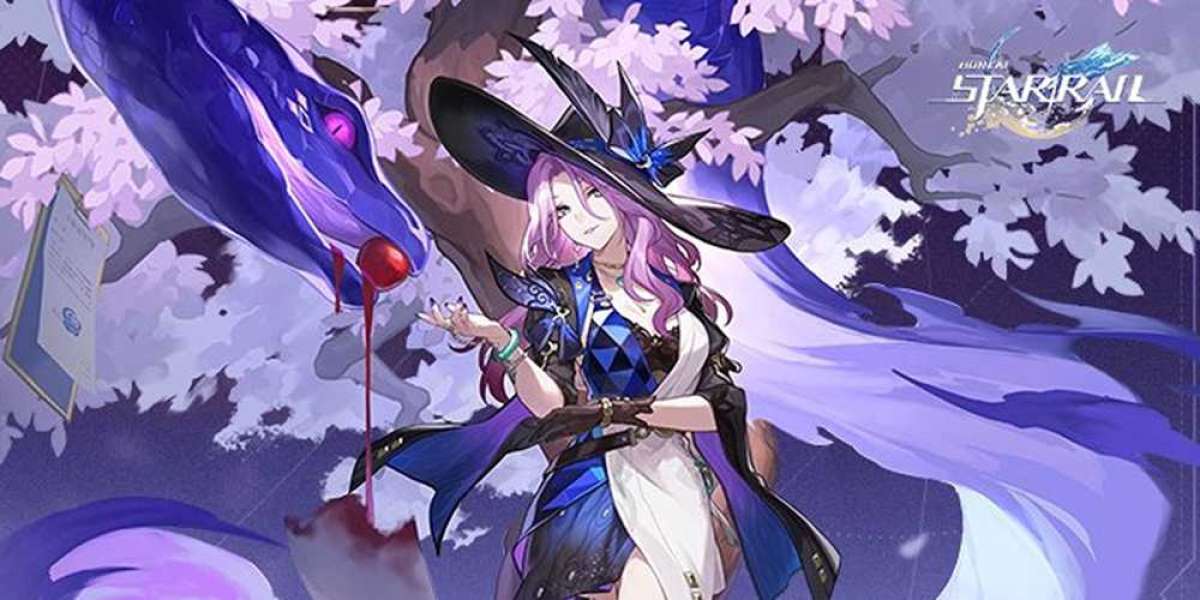Introduction:
In the vibrant and tumultuous year of 1963, a tragic event unfolded on the fateful day of November 22nd that would forever alter the course of American history. The 35th President of the United States, John Fitzgerald Kennedy, was ruthlessly assassinated in Dallas, Texas. This shocking and sorrowful act shook the nation to its core, leaving an indelible mark on the collective consciousness of the American people.
Detailed Description:
On that ill-fated day, President Kennedy, accompanied by his wife Jacqueline Kennedy, was riding in an open-top limousine during a motorcade through Dealey Plaza. Throngs of excited well-wishers lined the streets, eager to catch a glimpse of the charismatic and popular leader. The atmosphere was charged with anticipation and optimism, as Kennedy's presidency had brought forth a wave of progressive changes and a renewed sense of hope to the American people.
As the motorcade turned onto Elm Street, a series of rapid gunshots suddenly pierced the air, shattering the peaceful and celebratory ambiance. Panic and confusion ensued as people struggled to comprehend the magnitude of the tragedy that had just unfolded. Kennedy had been struck by two bullets, one in the neck and the other in the head, mortally wounding him. Frantic efforts were made to rush him to Parkland Memorial Hospital, but despite the best attempts of medical personnel, the President was pronounced dead at 1:00 p.m. Central Standard Time.
The news of President Kennedy's assassination spread like wildfire, gripping the nation and the world with shock, disbelief, and profound grief. The immediate aftermath saw an outpouring of collective sorrow as mourners gathered in front of televisions, clutching onto every snippet of information that unfolded. As the nation mourned their fallen leader, questions swirled, and theories emerged regarding the motivations behind this heinous act.
Lee Harvey Oswald, a former Marine and ex-Soviet Union defector, was swiftly apprehended and charged with the assassination. However, before he could face trial, Oswald himself was fatally shot by Jack Ruby, a nightclub owner, while under police custody. This chain of events only intensified the sense of uncertainty and left a trail of unanswered questions and conspiracy theories that would endure for decades.
The assassination of John F. Kennedy symbolized the loss of innocence and a turning point in American history. It gave rise to an era of heightened political awareness, security, and an enduring fascination with the Kennedy legacy. Through this tragic event, the nation learned the fragility of democracy and the profound impact a single act of violence can have on a nation's psyche.








